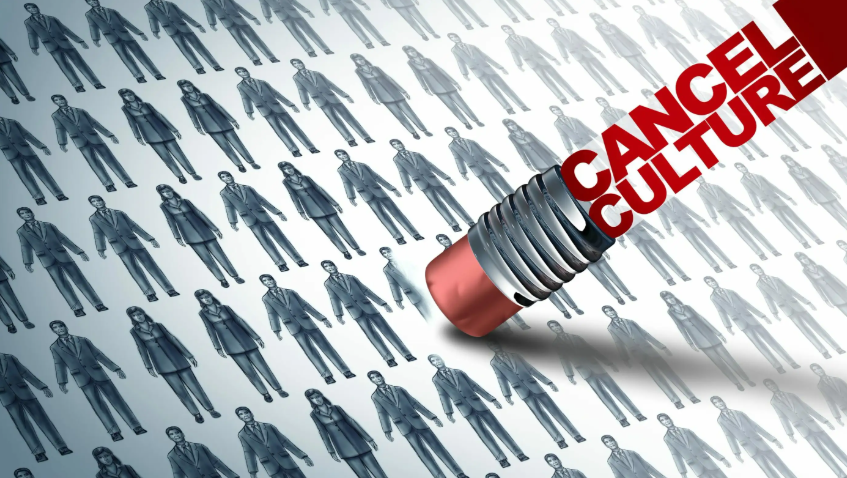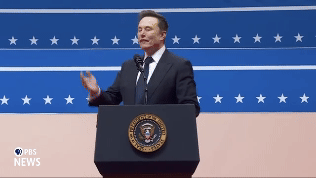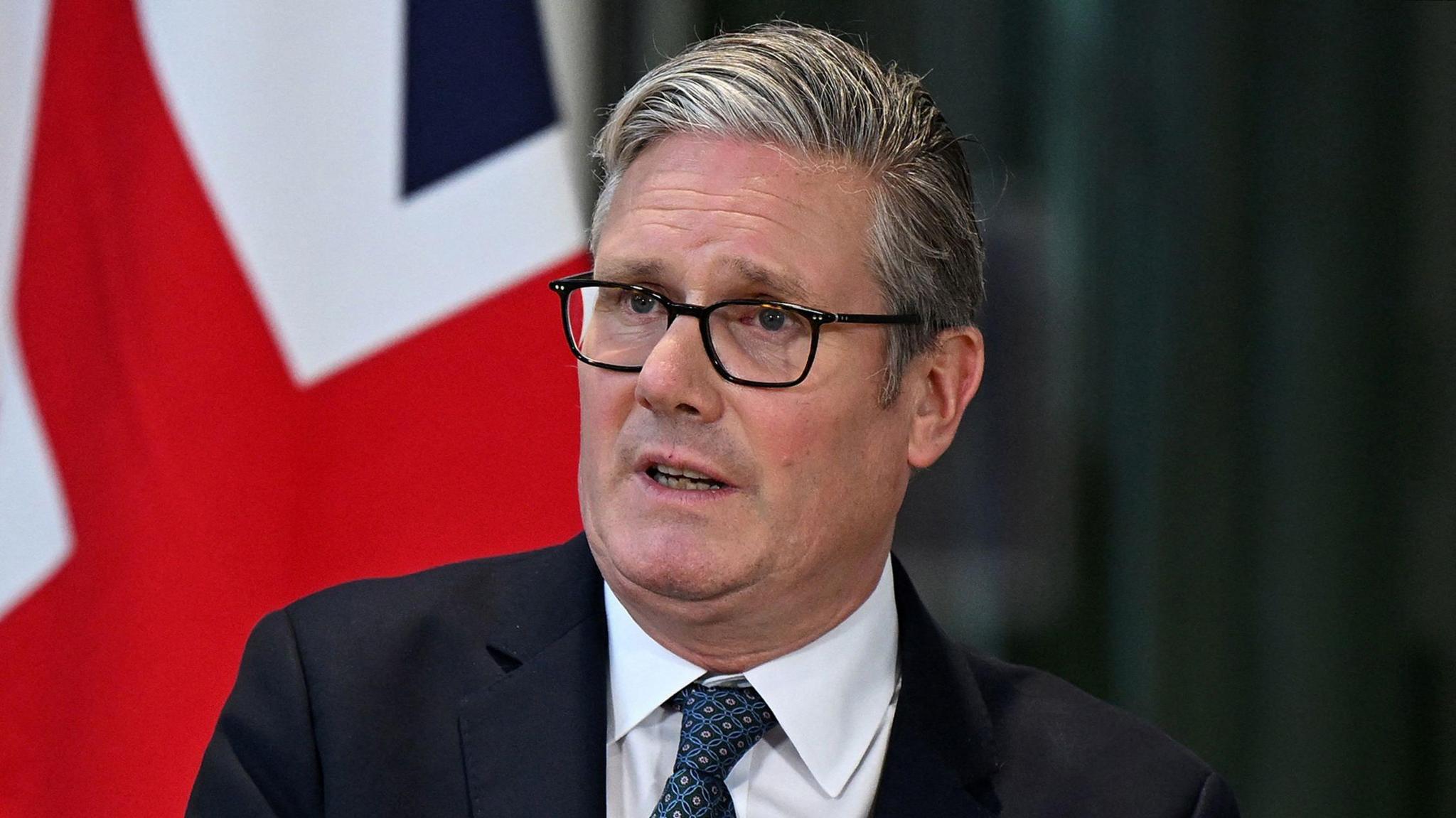Reading: Cancel Culture and Digital Society
What is Cancel Culture?
Cancel culture is when people stop supporting someone because they did something wrong. This usually happens on social media like Twitter, Facebook, or Instagram.
Here's how it works: Someone posts something or does something that other people think is bad. People share this information quickly online. Then many people start criticizing this person. Sometimes the person loses their job or becomes very unpopular.
Accountability means taking responsibility for what you do. Some people think cancel culture helps make people accountable. Other people think it's too harsh and doesn't give people a chance to learn from their mistakes.
The internet makes information spread very fast. This can be good when it helps stop bad behavior. But it can also be dangerous when the information is wrong or when the punishment is too severe for the mistake.
Online Behavior and Problems
Some behaviors online can be very harmful. Doxing is when people share someone's private information like their home address or phone number. This is very dangerous and can put people in physical danger.
Cyberbullying happens when groups of people send mean messages to someone online. This can make the person feel very sad and scared.
Viral content spreads very fast on the internet. Sometimes this is good, like when funny videos make people happy. But sometimes harmful content goes viral too, which can hurt innocent people.
Public shaming means embarrassing someone in front of many people. On the internet, this can happen to millions of people at once, which is much worse than being embarrassed in front of just a few people.
Different Points of View
People have different opinions about cancel culture. Some people support it because they think it helps protect victims and makes powerful people take responsibility for their actions.
Other people worry about due process. This means giving people a fair chance to explain themselves before punishing them. They think cancel culture doesn't give people this chance.
Free speech means people can say what they think without being punished. Some people worry that cancel culture makes people afraid to share their honest opinions.
Echo chambers happen when people only talk to others who agree with them. Social media can create echo chambers, making people's opinions more extreme.
Finding a Better Way
Many experts think we need better ways to handle conflicts online. Empathy means trying to understand how other people feel. We should remember that real people have real feelings, even online.
Critical thinking means thinking carefully about information before believing it. We should check if information is true before sharing it or getting angry about it.
Dialogue means having respectful conversations with people, even when we disagree with them. This is better than just attacking people online.
The goal should be helping people learn and grow, not just punishing them. We can create a better internet where people treat each other with kindness and respect.
Video: Understanding Cancel Culture
Video Discussion Questions
Video Discussion Questions
1. The Playground Analogy: The video compares cancel culture to kids deciding not to hang out with someone who did something mean. Do you think this is a good comparison? How are these situations similar or different?
2. Accountability vs. Punishment: The video asks: "Am I trying to punish or solve a problem?" What's the difference between accountability and punishment? Can you think of examples of each?
3. The Five-Step Process: The video suggests pausing, considering context, separating accountability from shaming, engaging constructively, and supporting positive changes. Which step do you think is most important? Most difficult?
4. Necessary or Too Far?: The video ends by asking whether cancel culture is necessary or sometimes goes too far. What's your opinion? When might it be helpful, and when might it be harmful?
Cancel Culture Vocabulary Flashcards
Cancel Culture Vocabulary Quiz
Writing Exercise
Writing Exercise: Digital Citizenship
Write a 200-word essay on one of these topics. Use at least 8 vocabulary words from this lesson.
Choose ONE topic:
- How can we create more respectful online communities?
- What are the differences between accountability and cancel culture?
- How does social media affect the way we discuss controversial topics?
Vocabulary words to include: cancel culture, accountability, social media, doxing, empathy, critical thinking, dialogue, echo chamber, viral, due process, and more!
Complete this exercise on paper or in your notebook
Choose one topic and write a thoughtful 200-word response using the vocabulary from this lesson.
Tip: Consider different perspectives and aim for a balanced, respectful approach to this sensitive topic!




